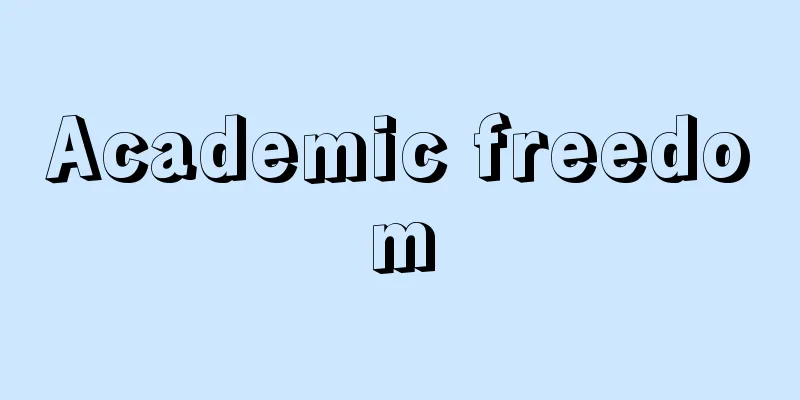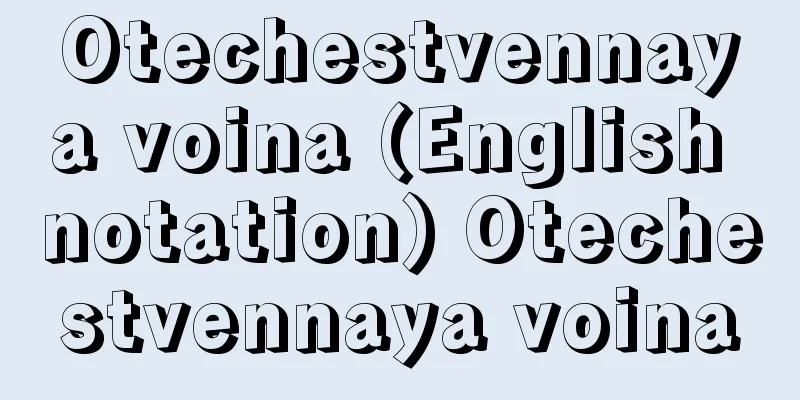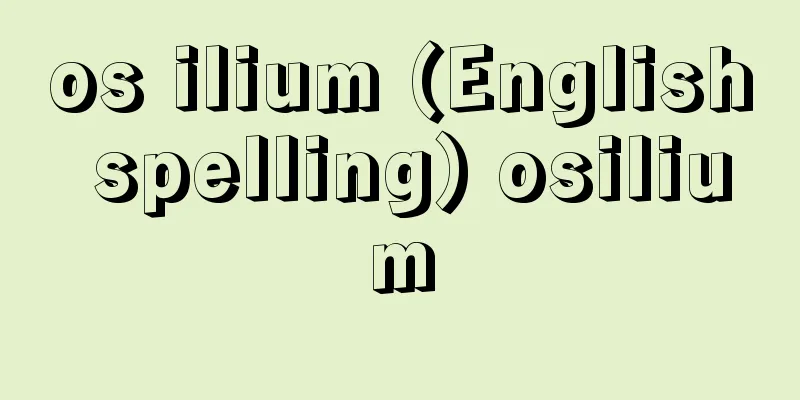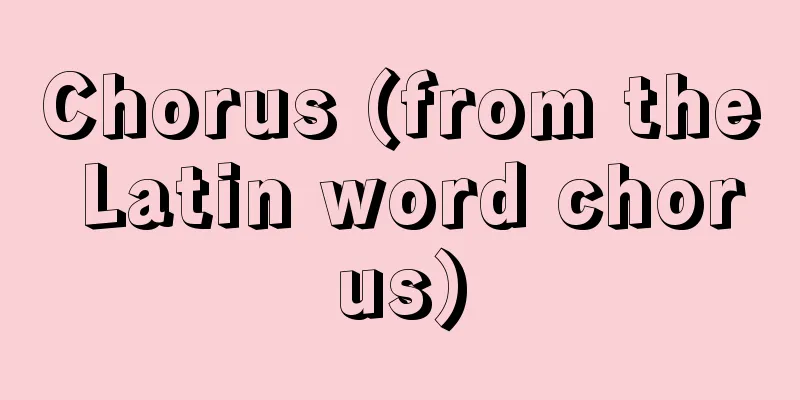Academic freedom

|
Academic freedom, which aims to pursue the truth, has been taken to mean freedom of research or freedom of education in universities. It is assumed that research activities such as the selection of research subjects, planning, progress, and the presentation of results are based on the autonomy of the researcher. It means making it possible to question and reexamine already-accepted truths, and eliminating restrictions and interference on academic research from political, economic, religious, and other perspectives. Academic freedom was first codified in a constitution in Europe in the 19th century in the Frankfurt Constitution. Since the Renaissance, efforts to pursue the truth that would break down the barriers of power held by the medieval church, kings, and feudal lords have been asserted. In Japan, the Meiji Constitution did not mention this, but the new constitution after World War II stipulated that "academic freedom is guaranteed" (Article 23). This was stipulated along with freedom of thought and conscience (Article 19), freedom of religion (Article 20), and freedom of expression (Article 21). The guarantee of academic freedom is the basis for guaranteeing "university freedom and university autonomy" to universities, which are institutions of academic research. More broadly, there is also the argument that academic freedom should be recognized when anyone engages in the pursuit of truth. In a broad sense, academic freedom includes not only universities, which are research and educational facilities, but also research institutions other than universities and the freedom of research of private individuals. However, because universities are the centers of academic studies and have a high level of specialization, academic freedom is particularly recognized at universities. Since educational institutions other than universities are not research institutions, these schools do not recognize educational freedom in the full sense. [Tezuka Takehiko] "University Autonomy" by Ouchi Hyoe et al. (1963, Asahi Shimbun)" ▽ "European Universities" by Shimada Yujiro (1964, Shibundo) ▽ "Academic Freedom" by Takayanagi Shinichi (1984, Iwanami Shoten) [References] | |Source: Shogakukan Encyclopedia Nipponica About Encyclopedia Nipponica Information | Legend |
|
真理の探究を目ざす学問の自由は、大学における研究の自由ないし教育の自由を意味するものとされてきた。そこでは研究対象の選定、企画、進行と成果の発表など研究の行為が、研究者の自主性に基づいてなされることが前提とされている。すでに認められてきた真理に対しての疑問、再検討を可能とし、政治的、経済的、宗教的などの点からの学問研究への制約や干渉を排除することを意味している。ヨーロッパで初めて憲法で学問の自由が明文化されたのは19世紀のフランクフルト憲法である。それまでの中世の教会や国王・領主などの権力の壁を破る真理探究の努力がルネサンス以降主張されるようになった。 日本では明治憲法では触れていなかったが、第二次世界大戦後の新憲法で「学問の自由は、これを保障する」(23条)と規定された。これは思想および良心の自由(19条)、信教の自由(20条)、表現の自由(21条)とともに規定された。学問の自由の保障は、学問研究の機関である大学に「大学の自由、大学の自治」を保障する論拠となる。さらに広く、だれでも真理の探究の行為をするときには学問の自由を認めるべきだという論もある。広く考えれば、大学という研究教育の施設だけでなく、大学以外の研究機関や私人の研究の自由も、学問の自由に含まれる。ただし、大学が学術の中心として高度の専門性をもっていることから、とくに大学における学問の自由が認められるのである。大学以外の教育の機関は研究機関ではないから、これらの学校では完全な意味での教育の自由は認められていない。 [手塚武彦] 『大内兵衛他著『大学の自治』(1963・朝日新聞社)』▽『島田雄次郎著『ヨーロッパの大学』(1964・至文堂)』▽『高柳信一著『学問の自由』(1984・岩波書店)』 [参照項目] | |出典 小学館 日本大百科全書(ニッポニカ)日本大百科全書(ニッポニカ)について 情報 | 凡例 |
<<: Advice for Learning - Advice for Learning
>>: Par value increase - Gakumenzoushi
Recommend
Ijuin Kokan - Ijuin Kokan
…But the collapse of the alliance was evidenced b...
Administrative Tribunal - gyoseishinpansho
…However, unlike continental administrative law, ...
ekaja
...The three highest varnas were called the rebor...
stoicheion
... The English word "element," the Fre...
Obando, N.de - Obando
...The Spanish monarchy, which had suddenly acqui...
Konstantin Dmitrievich Ushinskiy
A Russian educator and pedagogue in pre-revolutio...
Elizabeth Cleghorn Gaskell
British female novelist. Born in London to a Unit...
Type 99 rifle
...The Type 38 rifle, a shortened version of the ...
Voyeurism
...autoeroticism (narcissism), in which one's...
local relief
...So, for example, a grid with the distance betw...
Roraima
In 1757, the western half of the state was separa...
Elk, LC - Elk
...First of all, research into the lyrics and mel...
Shizuko Kasagi
Singer and actress. A representative female entert...
Guanzhong - Kanchu
A historical place name in the central part of Sh...
Air Expenses
〘 noun 〙 To use money or time in a wasteful manner...



![Kashikiare [river] - Kashikiare](/upload/images/67d001a339a78.webp)





